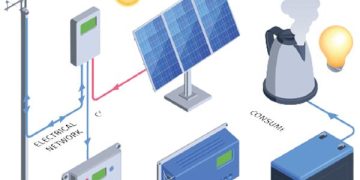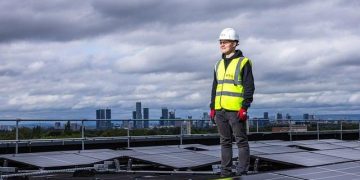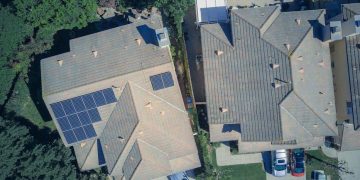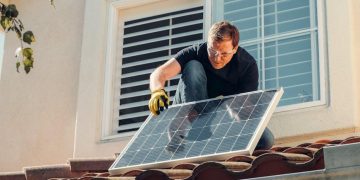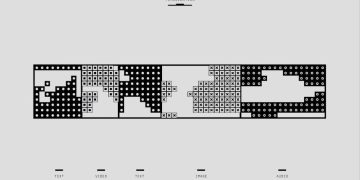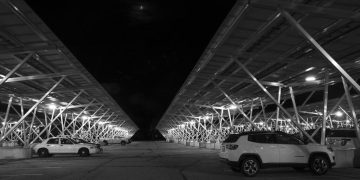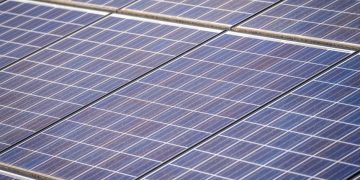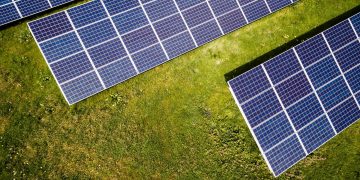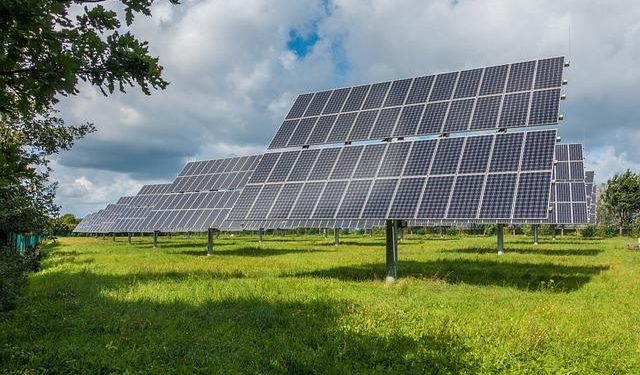In the ever-evolving landscape of renewable energy, the quest for maximum efficiency has become a beacon guiding innovators and environmentalists alike. Among the myriad of sustainable solutions, hybrid solar systems stand out as a promising frontier, merging traditional photovoltaic technology with cutting-edge advancements to harness the sun’s energy more effectively than ever before. These systems, a harmonious blend of solar power and supplementary energy sources, offer a versatile approach to meeting the world’s growing energy demands. As we embark on this exploration of hybrid solar systems, we delve into their potential to redefine efficiency, illuminating pathways to a more sustainable future and shedding light on the technological innovations that are set to transform our relationship with the sun.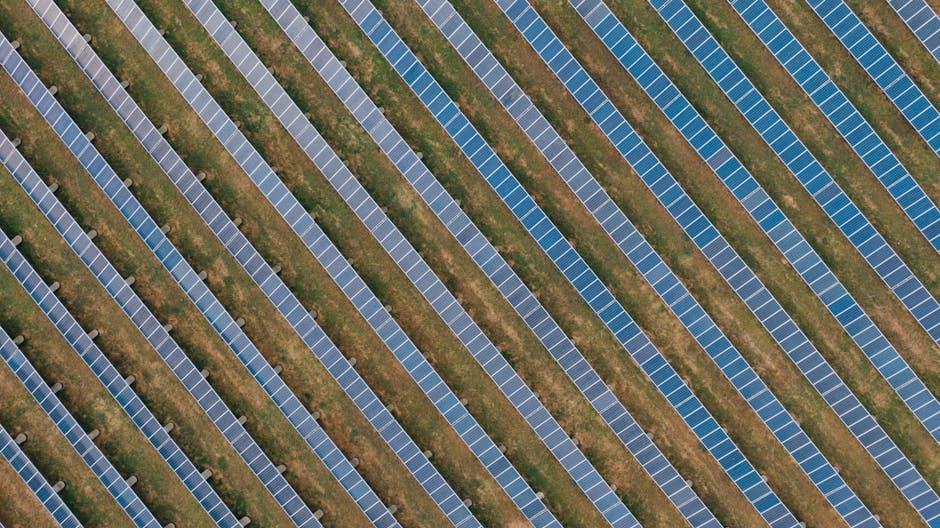
Understanding the Basics of Hybrid Solar Systems
Hybrid solar systems offer a versatile solution by combining the benefits of both grid-tied and off-grid systems. These systems integrate solar panels, batteries, and the traditional electricity grid to ensure a consistent power supply, even when solar energy is unavailable. A hybrid system allows homeowners to store excess energy in batteries during the day and draw from them when needed, ensuring a more efficient energy use.
Key components of a hybrid solar system include:
- Solar Panels: Capture sunlight and convert it into electricity.
- Inverter: Converts DC power from the panels into AC power for home use.
- Batteries: Store surplus energy for later use.
- Charge Controller: Manages the flow of electricity to and from the batteries to prevent overcharging.
- Grid Connection: Provides an additional source of power when solar energy is insufficient.
By integrating these components, hybrid solar systems offer a balanced approach to energy management, enabling users to maximize efficiency while maintaining reliability.
Optimizing Energy Storage and Usage
In the quest for enhanced energy efficiency, hybrid solar systems are emerging as a game-changer. These systems blend the strengths of grid-tied and off-grid solar setups, creating a seamless synergy that optimizes both energy storage and usage. By integrating solar panels with battery storage and smart inverters, hybrid systems offer a more reliable and sustainable energy solution. Key advantages include:
- Energy Independence: With battery storage, excess energy generated during the day can be stored for use at night or during power outages, reducing dependency on the grid.
- Cost Savings: Efficient energy management can lead to significant reductions in electricity bills by utilizing stored solar power during peak tariff times.
- Flexibility and Scalability: Users can start with a basic setup and expand their system as needed, making it a versatile option for future energy needs.
Moreover, the intelligent inverters in these systems can automatically switch between solar, battery, and grid power based on demand, ensuring optimal energy distribution. This adaptability not only maximizes efficiency but also enhances the resilience of the energy supply, making hybrid solar systems a forward-thinking choice for both residential and commercial applications.
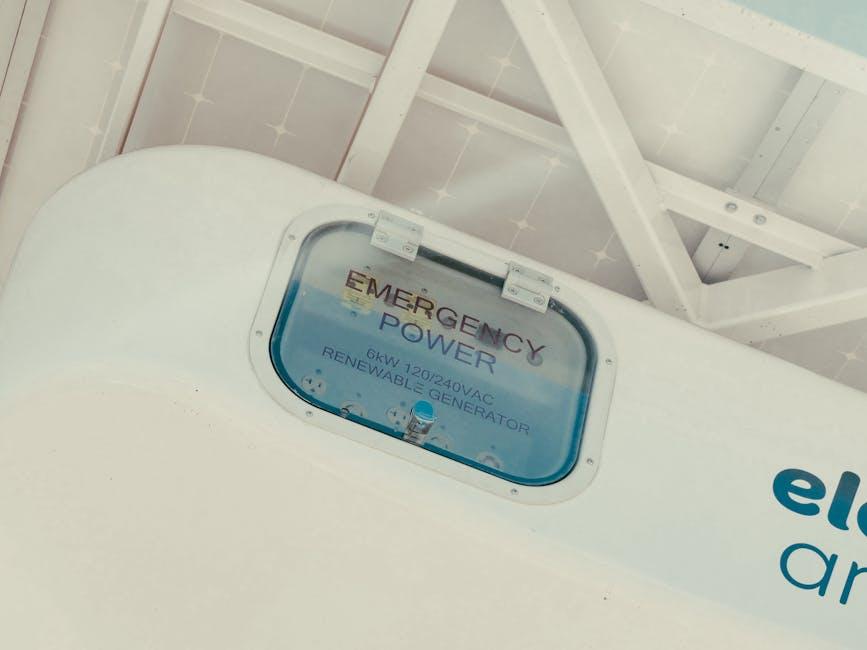
Innovative Technologies Enhancing Solar Efficiency
In the quest to maximize the efficiency of solar energy systems, hybrid solar technologies have emerged as a game-changer. These systems cleverly integrate photovoltaic (PV) and thermal technologies to harness the sun’s power more effectively. By capturing both light and heat, hybrid systems can significantly improve energy output and storage capabilities. This innovative approach addresses some of the limitations of traditional solar panels, making them more viable in diverse climates and during less sunny periods.
Key features of hybrid solar systems include:
- Dual Energy Capture: Utilizing both solar PV and thermal components allows for higher energy yields.
- Enhanced Storage Solutions: Improved battery technologies enable longer energy retention.
- Temperature Regulation: Systems are designed to maintain optimal operating temperatures, enhancing longevity and performance.
- Versatile Applications: Suitable for residential, commercial, and industrial use, offering a flexible energy solution.
As these technologies continue to evolve, they promise not only to increase efficiency but also to make solar energy a more accessible and sustainable option for a broader range of users.
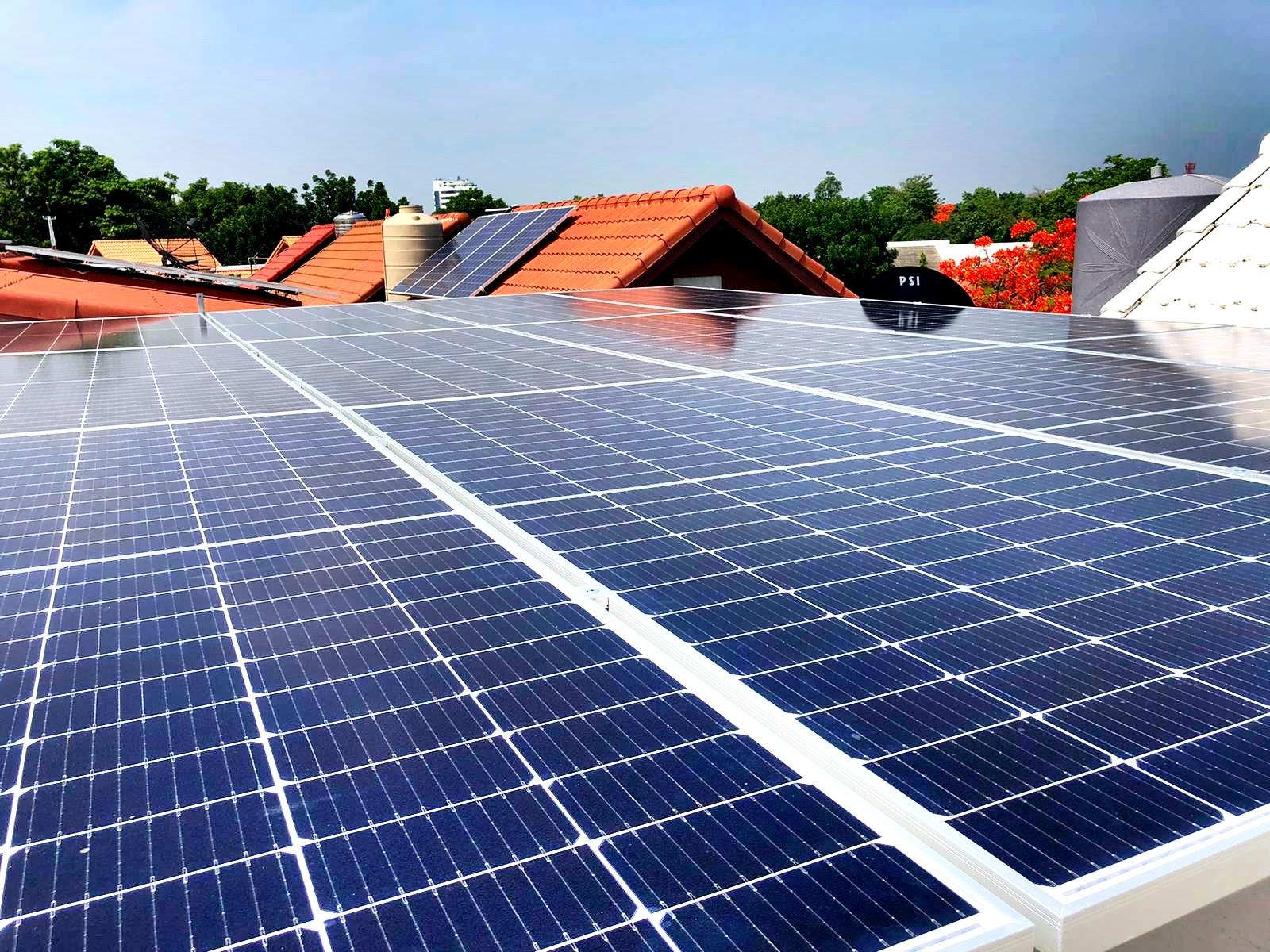
Practical Tips for Selecting the Right Hybrid System
When considering a hybrid solar system, it’s crucial to assess your specific energy needs and budget. Begin by analyzing your daily energy consumption patterns. Are you looking to power a few essential appliances or your entire home? Understanding your energy usage will guide you in selecting a system with the right capacity. Next, evaluate the compatibility of the system with your existing infrastructure. Ensure that the inverter and battery storage are scalable to accommodate future energy demands or potential expansions.
Don’t overlook the importance of quality and warranties. Opt for components from reputable manufacturers that offer comprehensive warranties. Key considerations include:
- Battery lifespan and efficiency
- Inverter technology and reliability
- After-sales service and support
By prioritizing these factors, you can make an informed decision that maximizes both efficiency and longevity of your hybrid solar system.
Insights and Conclusions
As we stand on the precipice of a new era in energy innovation, hybrid solar systems emerge as a beacon of promise, bridging the gap between sustainability and efficiency. Their unique ability to harness the power of the sun while seamlessly integrating with existing energy infrastructures offers a compelling solution to our growing energy demands. By exploring the vast potential of these systems, we not only unlock new pathways for reducing carbon footprints but also chart a course towards a more resilient and sustainable future. As technology continues to evolve, so too will our capacity to harness its benefits, guiding us toward a brighter, more energy-efficient tomorrow. The journey into the heart of hybrid solar systems is just beginning, and the horizon holds endless possibilities.


